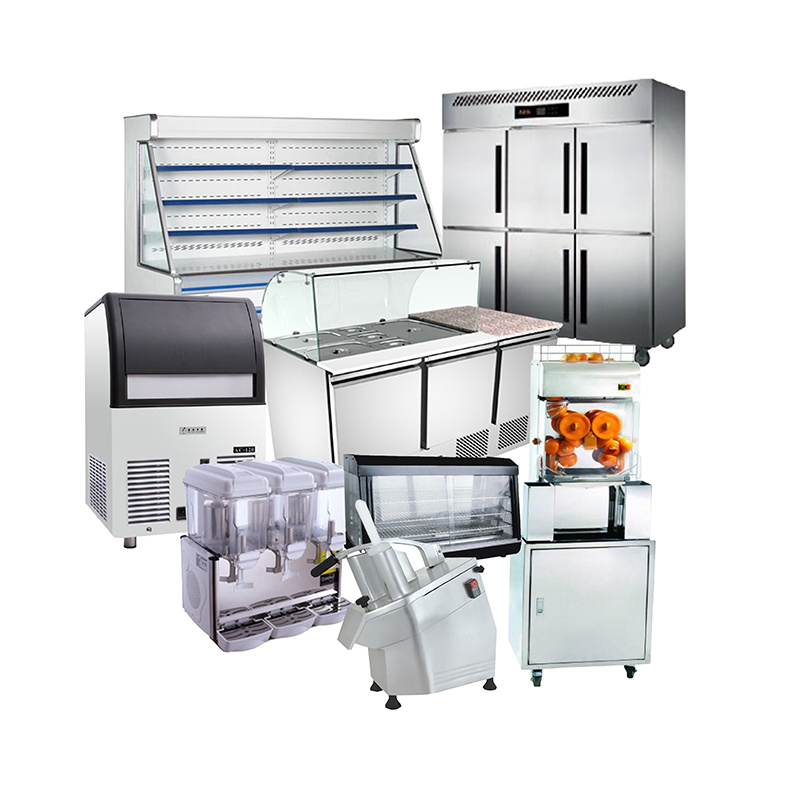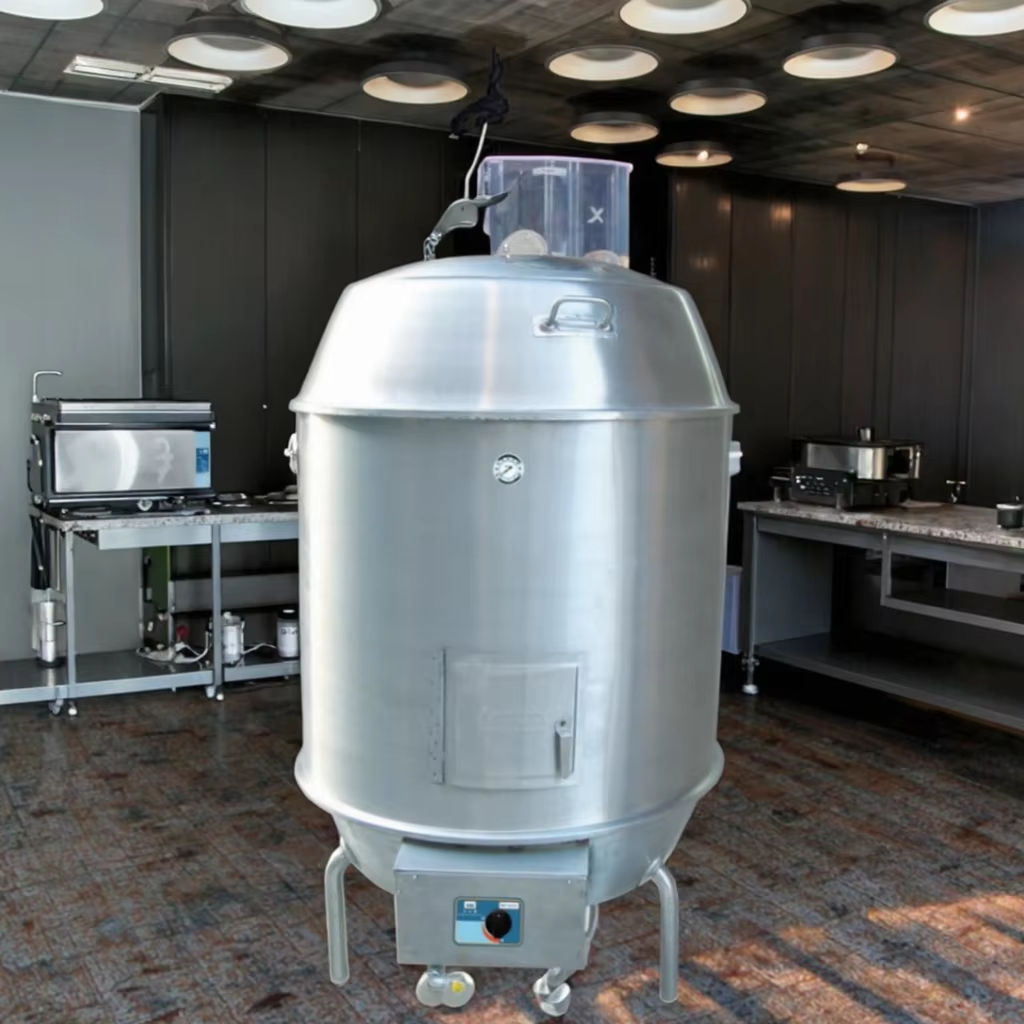Transform Your Dough with the Best Quality Spiral Mixer Available
Transform Your Dough with the Best Quality Spiral Mixer Available
Table of Contents
- Introduction to Spiral Mixers
- What is a Spiral Mixer?
- Benefits of Using a Spiral Mixer
- How to Choose the Right Spiral Mixer
- Top Spiral Mixers on the Market
- Maintenance and Care for Your Spiral Mixer
- Troubleshooting Common Issues
- Conclusion
- FAQs about Spiral Mixers
Introduction to Spiral Mixers
When it comes to baking, the quality of your equipment can significantly impact the final product. One such essential tool is the **spiral mixer**. Designed specifically for dough preparation, these machines offer unparalleled mixing efficiency and consistency. Whether you're a home baker or running a commercial kitchen, investing in a top-notch spiral mixer can elevate your baking results.
What is a Spiral Mixer?
A **spiral mixer** is a specialized kitchen appliance designed to blend and knead dough seamlessly. Unlike traditional mixers, spiral mixers feature a rotating spiral hook that kneads the dough while the bowl remains stationary. This unique design allows for optimal gluten development, ensuring a better texture and flavor in your baked goods.
Key Features of Spiral Mixers
- **Efficient Mixing:** The spiral motion achieves thorough mixing without overworking the dough.
- **Variable Speed Settings:** Many models offer adjustable speeds, allowing bakers to customize their mixing process.
- **Durability:** Built with robust materials, spiral mixers are designed for longevity, even in demanding environments.
- **Large Capacity:** They come in various sizes, accommodating small home batches to large commercial quantities.
Benefits of Using a Spiral Mixer
Investing in a **high-quality spiral mixer** brings numerous benefits to your baking routine.
1. Improved Dough Quality
The primary advantage of a spiral mixer is its ability to produce superior dough. The gentle yet thorough kneading promotes even gluten development, essential for achieving the desired bread structure.
2. Time-Saving Efficiency
Using a spiral mixer significantly reduces kneading time. What might take you 15-20 minutes by hand can be accomplished in just a few minutes with a spiral mixer, allowing you to focus on other tasks.
3. Consistency Across Batches
For professional bakers, consistency is key. Spiral mixers ensure that every batch of dough is mixed uniformly, resulting in the same high-quality product every time.
4. Versatility
Spiral mixers can handle a variety of dough types, from heavy bread dough to delicate pastry mixes. This versatility makes them an excellent addition to any kitchen.
5. User-Friendly Design
Many modern spiral mixers come with intuitive controls and safety features, making them easy to operate even for beginners.
How to Choose the Right Spiral Mixer
Selecting the right spiral mixer involves several considerations:
1. Capacity
Determine the amount of dough you typically prepare. Home bakers may suffice with smaller models, while commercial operations require larger capacity mixers.
2. Motor Power
Look for mixers with powerful motors to ensure efficient mixing of dense doughs. A motor with at least 1 horsepower is ideal for most applications.
3. Build Quality
Choose a spiral mixer constructed from durable materials, such as stainless steel, which can withstand frequent use.
4. Features and Attachments
Consider additional features like bowl covers, timers, and interchangeable hooks, which can enhance your mixing experience.
5. Budget
Spiral mixers come with a wide range of price tags. Set a budget that reflects your needs and explore options within that range to find the best value.
Top Spiral Mixers on the Market
Here are some of the best spiral mixers available today, celebrated for their performance and reliability:
1. KitchenAid Spiral Mixer
Ideal for home bakers, the KitchenAid spiral mixer boasts a compact design and powerful motor. This mixer is perfect for preparing pizza or bread dough.
2. Hobart N50 Spiral Mixer
A staple in commercial kitchens, the Hobart N50 features a robust build and a 50-quart capacity. Its heavy-duty motor handles large batches with ease.
3. Globe SP8 Spiral Mixer
With an 8-quart capacity, the Globe SP8 is perfect for small bakeries. It features adjustable speed settings, allowing for precise mixing.
4. Omcan Spiral Mixer
Offering a range of sizes, Omcan mixers provide excellent value for money, making them suitable for both small and medium-sized bakeries.
5. Doyon Equipment SM40 Spiral Mixer
The Doyon SM40 is known for its durability and performance. It’s equipped with a digital display for easy speed adjustments, making it suitable for various dough types.
Maintenance and Care for Your Spiral Mixer
To ensure your spiral mixer operates at peak performance, regular maintenance is essential.
1. Cleaning
After each use, clean the bowl and mixing attachments with warm, soapy water. Avoid using abrasive cleaners that could damage the surfaces.
2. Regular Inspections
Periodically check for any signs of wear or damage, particularly the motor and wiring. Addressing issues early can prevent costly repairs.
3. Lubrication
Follow the manufacturer's guidelines for lubricating moving parts. Proper lubrication extends the lifespan of your mixer.
4. Storage
When not in use, store the mixer in a dry, cool place to prevent rust and corrosion. Cover it to protect it from dust and debris.
Troubleshooting Common Issues
Even the best spiral mixers can encounter problems. Here are solutions to some common issues:
1. Mixer Doesn't Start
Ensure the mixer is plugged in and the power outlet is functioning. Check for any tripped circuit breakers.
2. Dough Overheating
If the dough heats up during mixing, this could indicate the motor is overloaded. Reduce the mixing time or the dough quantity.
3. Uneven Mixing
If your dough isn’t mixing evenly, check if the bowl is fitted correctly and that the spiral hook is functioning properly.
4. Noisy Operation
A noisy mixer can be a sign of loose components or issues with the motor. Inspect and tighten any loose parts to eliminate noise.
Conclusion
Investing in a **quality spiral mixer** can transform your baking experience, delivering consistent results and saving you valuable time. Understanding the benefits, features, and maintenance practices will help you make an informed decision and ensure that your mixer continues to perform at its best. Whether you are a home baker or a professional chef, a spiral mixer is a worthy addition to your kitchen arsenal.
FAQs about Spiral Mixers
1. What types of dough can I use in a spiral mixer?
You can use a spiral mixer for various dough types, including bread, pizza, and pastry dough.
2. How long does it take to knead dough in a spiral mixer?
Typically, kneading dough in a spiral mixer takes 5-10 minutes, depending on the dough's consistency.
3. Can I make gluten-free dough with a spiral mixer?
Yes, spiral mixers can effectively handle gluten-free dough, but it may require different mixing times and techniques.
4. Are spiral mixers easy to clean?
Yes, most spiral mixers are designed for easy cleaning, with removable bowls and attachments.
5. What should I do if my spiral mixer stops working?
Check the power supply, inspect for any visible damage, and consult the user manual for troubleshooting tips. If issues persist, contacting a technician is advisable.
RELATED INFORMATION







